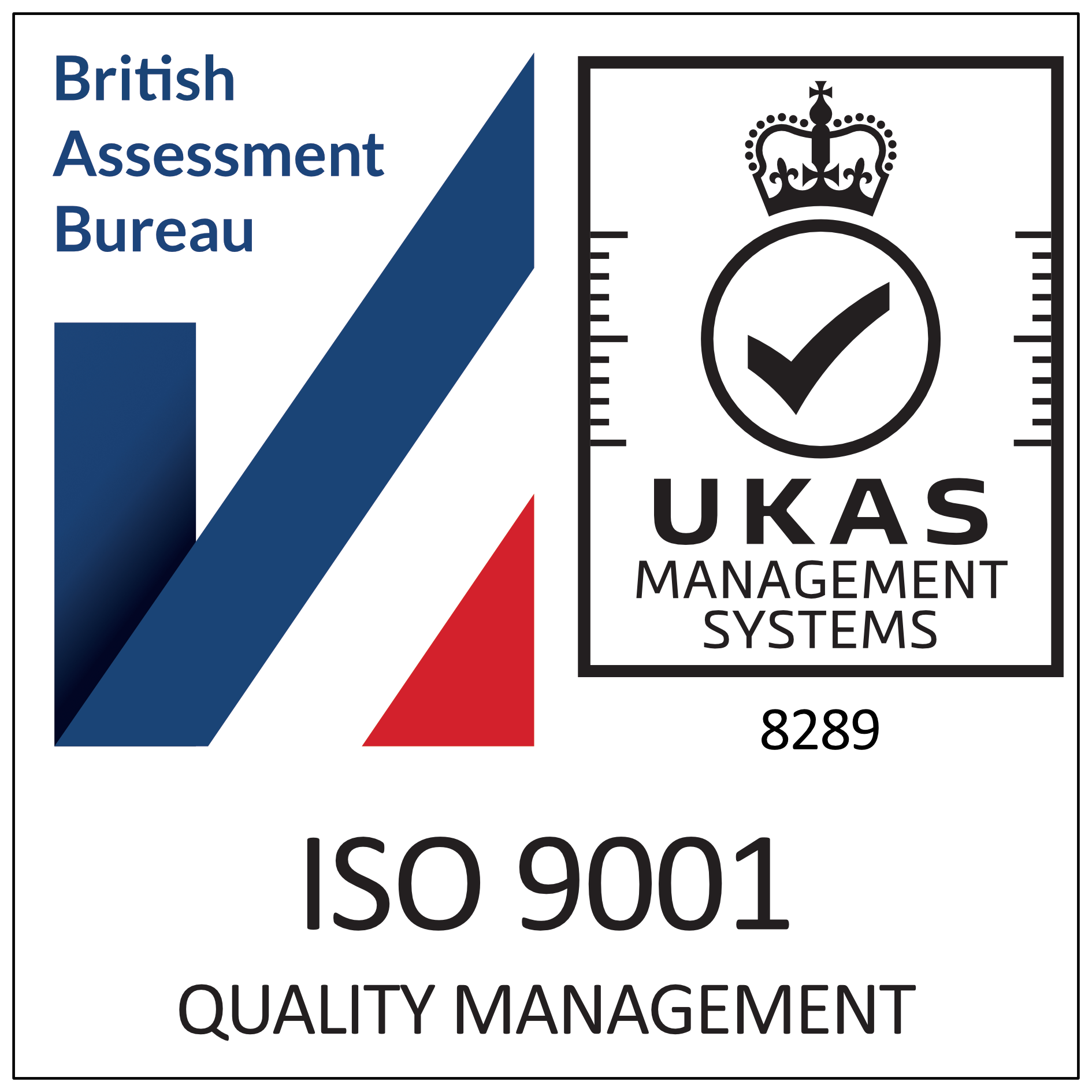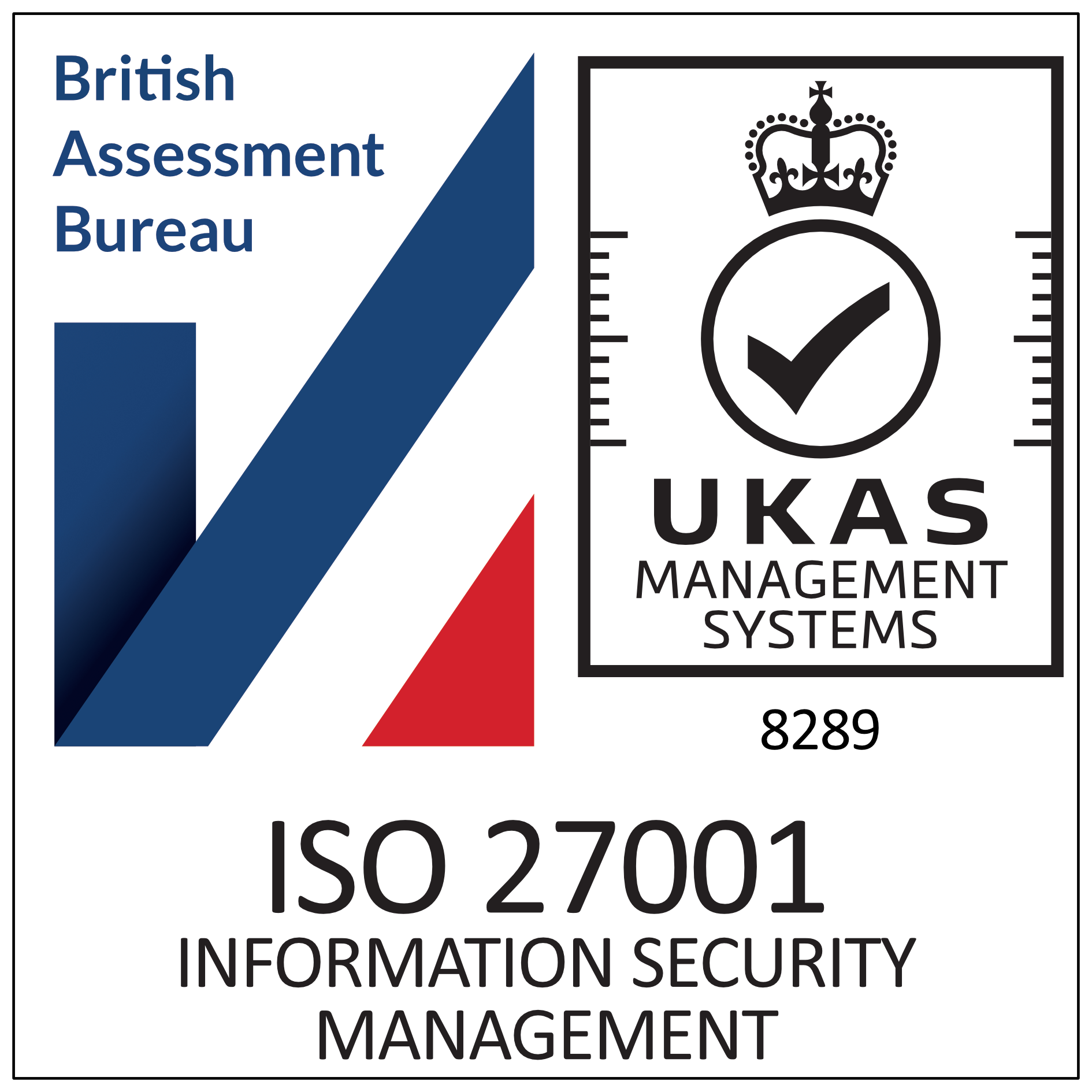Would you print a thousand flyers and then leave them in a cupboard? You’d probably tell me to stop being ridiculous, so why is it so different for a website?
We are frequently asked about Search Engine Optimisation and how to improve a website’s rank on the cheap or even for free. I’m of the belief that nothing is for free: it either costs time or money, and you can invest either into a good search engine marketing campaign. Similarly, you’d either snail-mail your flyers or stand on a street-corner handing them out; money or time.
To start off with, it might help to explain the difference between three keywords (see what I did there?): Search Engine Optimisation; Search Engine Marketing, and; Search Engine Hygiene. I only really want to concentrate on Hygiene for this blog, but here’s a little pre-amble for as yet unwritten blogs on the other two. Although they all do it differently, their unified role is to increase web traffic to your website.
Search Engine Optimisation
This is the effort one puts in to up the “natural ranking” of your site on Google/Yahoo/Bing/etc. A “natural ranking” is your unpaid search engine ranking for a given search term, also known as an “Organic” or “Algorithmic” search ranking. For example, www.bni-oxnb.co.uk organic search of “business networking oxford” would give us a natural ranking for that term. There is another type of search term to consider; the Branded Search – this being a search-by-name method. So, using “BNI Oxford” for instance, should return www.bni-oxnb.co.uk in the top rankings.
Search engine marketing
Search Engine Marketing is (typically) a paid-for campaign. This could be through a paid positioning, paid inclusions or contextual advertising. You’ll notice the first two when you do a search on Google and results appear at the top and on the right of the search engine results page (A.K.A. SERP). Contextual advertising is most prominent on non-search engine pages such as Facebook, or we’ve installed an example at www.bni-oxford.co.uk on the right.
Search engine hygiene
This is, ironically, the easiest facet of SEO and the most common stumbling block for a lot of websites. Search Engine Hygiene is all about the basics: do search engines know you exist? Can their crawler/bot/spider get there? Once it is there, can it read your site? And can it index it, correctly? By following some simple rules on coding and displaying content, as well as how you write, your site could improve its natural ranking substantially.
The real secret for good SEO and Search Engine Hygiene, is be honest. Here’s the big secret everyone knows (but ignores): Google doesn’t trust you. So, help it understand your sites, what you’re about and, most importantly, don’t try and fool it into indexing you for something irrelevant. For instance, I would not try and push this blog to be indexed for “property available in Oxford” just because it’s a popular search term. So, I’ve outlined a few key rules to check over on these three points, but you may want to have a look through a few other resources that are available online. I’ve also added a couple of links to some useful tools to help you see how your site is performing.
Writing and displaying content for search engines
Keep it simple. Google isn’t very bright and needs some help when it’s reading and ranking your website. A nice, relevant URL is a good start. Thereafter, make sure your navigation is followable by a search engine visiting your site. Use ALT tags for images that are relevant to that page of content. Include META tags for Keywords, Descriptions, Robots and Author, but do not repeat them across your whole site. These must be relevant to the content on that page. For example, this page has the following keywords: search, engine, ranking, optimisation, optimization, marketing, oxford, improve, advice, tips, tricks. (I haven’t mentioned hygiene… for obvious reasons)
You’ll also notice I’ve avoided lists and (tried to) use good grammar. I’ve broken up my content by using Headings and this not only makes it easier for you to read, but helps Google understand what I’m burbling on about. I’ve also positioned my keywords (eg Search Engine Optimisation) about the page strategically and at densities of between 5 and 20%. The only thing I’ve done “wrong” is writing too much: Keep your word count between 200 – 500… oops! Fancy a stab at improving your search engine rankings? Have a go with some tools such as, the Moz bar, SEO Quake, Screamingfrog and the tips above and you should be on your way to a better natural ranking. We are always available for a chat too, so feel free to drop us a line.






